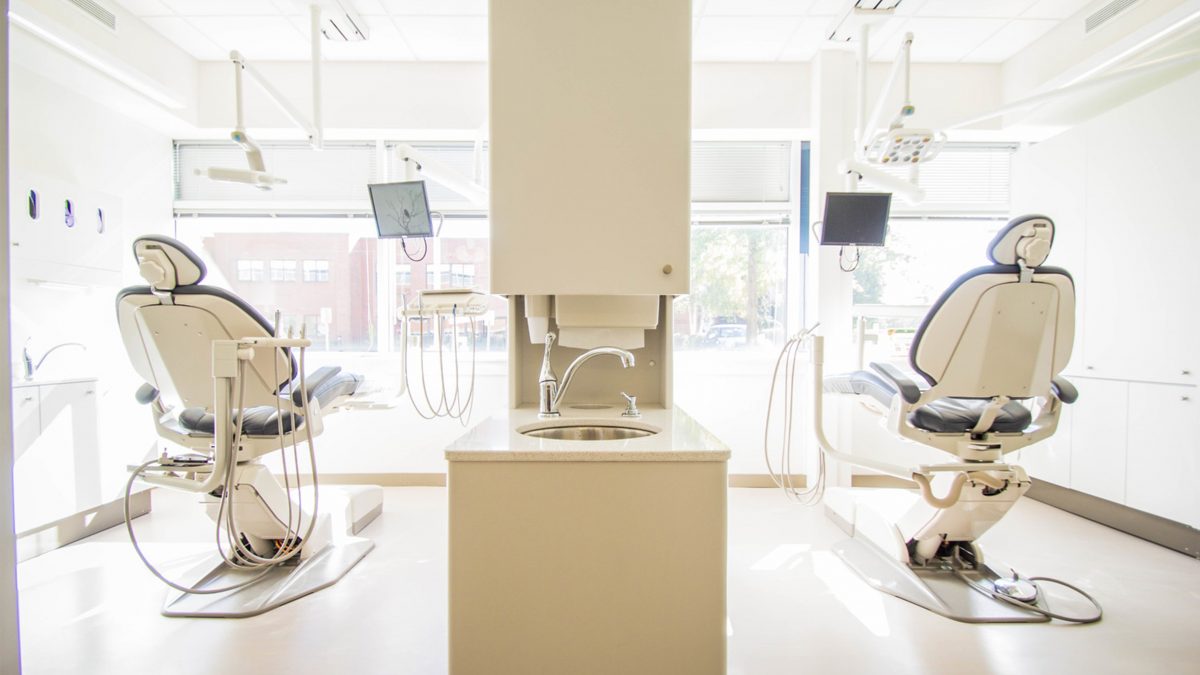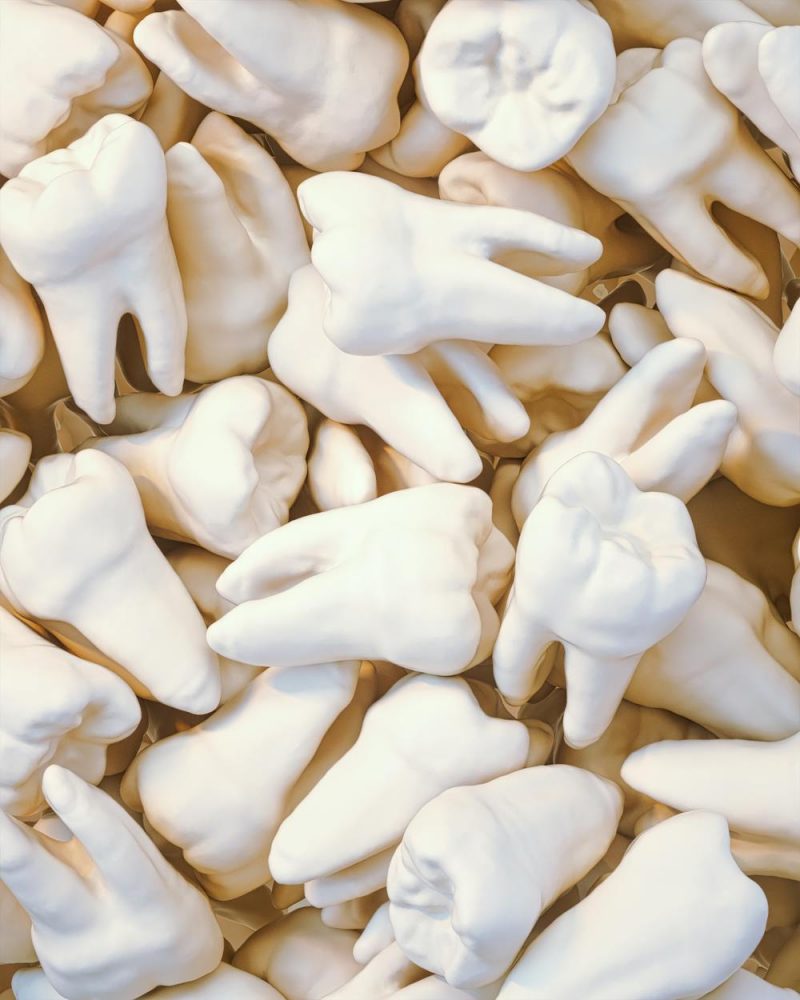
Burning Question: Why Get Veneers? Everything You Need to Know About Getting Veneers
February 12, 2024
Does Botox Help TMJ?
February 29, 2024Key Takeaways:
Role Differentiation between Dentists and Oral Surgeons:
Dentists handle routine dental care such as cleanings, exams, fillings, and simple tooth extractions. Oral surgeons, on the other hand, are specialized in performing more complex procedures.
Wisdom Teeth Extraction:
While many dentists can remove fully erupted wisdom teeth, impacted wisdom teeth often require surgical removal by an oral surgeon.
Post-Extraction Care and Considerations:
After a tooth extraction, it is crucial to follow the dentist’s or oral surgeon’s post-care instructions to avoid complications.
No one likes to have a tooth extracted, and the saving grace about that procedure is that it’s usually quick. Sometimes, though, special circumstances require special work, which means your dentist might send you to an oral surgeon. If you’re confused about why you might have to go to someone other than your dentist to have a tooth removed, read on; depending on how the tooth presents before or during a typical extraction, it may need extra help in getting out of your mouth.
How Do Oral Surgeons and Dentists Differ?
You know essentially what dentists do; cleanings, exams, pulling teeth, filling cavities, and so on. Oral surgeons take it a step further. They are trained in dental surgery, for those procedures that require cutting into the gum or working on the jawbone. In other words, any procedure that needs surgery to complete. A dentist might pull a tooth, but an oral surgeon would be able to open up the gum tissue to remove an impacted tooth or place a dental implant to replace a missing tooth.
Dentists might be able to perform oral surgery tasks if the dentists have the training. This varies by office, so you might receive a referral for something that another dentist would do in-office.
What Is Special About Wisdom Teeth?
Most tooth extractions are straightforward; a dentist can do them without a problem. Referrals to oral surgeons would occur only if the tooth was revealed to have a problem, like part of the root breaking off as the tooth was pulled out. (Before you worry, please note that broken roots are not that common, and chances are that the tooth extraction will go as planned.)
Wisdom teeth, those far-back molars, are somewhat different. They can be removed through traditional pulling if the teeth are fully erupted — and many dentists, including those at Southview Dentistry, can pull wisdom teeth in-office. However, wisdom teeth are often impacted, meaning that they are only partially erupted or still fully below the gumline when they bump up against the adjacent tooth, creating a tooth traffic jam. Impacted wisdom teeth have to be surgically removed. Always visit your dentist first for an evaluation, but be prepared to get a referral to an oral surgeon if a wisdom tooth is impacted.
One other difference is that wisdom teeth are tough, and they often resist easy pulling. For many dentists, this difficulty is best handled with sedation, and if the dentists are not trained in sedation, than an oral surgeon is the better candidate. However, many dentists, including Southview Dentistry staff, are trained and skilled at pulling tough wisdom teeth with a minimum of fuss. It just takes special care.
If you have fully erupted wisdom teeth that can be pulled out, you’ll receive an anesthetic, and the dentist will pull the tooth. Southview Dentistry will provide you with headphones so you can listen to music or the TV to help block any sounds of the tooth coming out — it’s located near your ear structure, after all — can distress some patients.
Post-Extraction Care
Exact post-extraction care instructions depend on the procedure. If you have surgery, you might be given strong painkillers to use for a few days. If your teeth are pulled, though, you may be able to use over-the-counter painkillers that don’t knock you out. It is very important to follow all instructions, though, and do not use straws. The suction that you create in your mouth when you use a straw, even gently, can move the clot that forms in the socket where the tooth used to be. That is a complication you don’t need.
Sedation Issues
If you truly don’t want to deal with the tooth being pulled, you may want to ask about sedation. If your dentist is trained to administer the sedation, you can have the procedure done in office. Otherwise, an oral surgeon must administer the sedation. Note that the sedation is not general anesthesia, but you must treat it as such, arranging for someone to take you home from the procedure because you will not be able to drive. If all you have to do is have the teeth pulled, you may want to avoid sedation because the extraction procedure is rather quick. You won’t be in the dentist’s chair for long; modern tooth extractions are nothing like they were a few decades ago, and the procedure usually goes quite smoothly.
Southview Dentistry can refer to you a surgeon for extractions that are complicated and that require sedation, but the dentists in the office can perform most straightforward extractions. The dentists can stitch the area closed if needed, too, and if there are any complications, you can call the office to get advice.
After the Extraction
Wisdom teeth usually aren’t replaced with dentures or implants; the teeth are very far back and often removed in pairs. For other tooth extractions, though, ask your dentist about implants. These are two-part artificial teeth that consist of an implanted permanent bolt or screw and a mostly permanent crown that you have to care for. If the crown is damaged, it can be replaced. Another option is to get a bridge or dentures made.
Replacement is crucial because your teeth can shift if there is too much space between teeth. This can cause your bite to go off, which in turn can lead to more tooth damage as your molars and other teeth move and become misaligned. When you chew, the teeth could hit each other and cause cracking.
Don’t let the thought of what tooth extractions were like when you were a child prevent you from getting the care that you need. Southview Dentistry is the place to contact for tooth extractions and any other dental work that you might need. Contact the office or use the website form to schedule an appointment. After a consultation, the dentist can discuss with you what needs to be done and whether you can have it done in-office.




